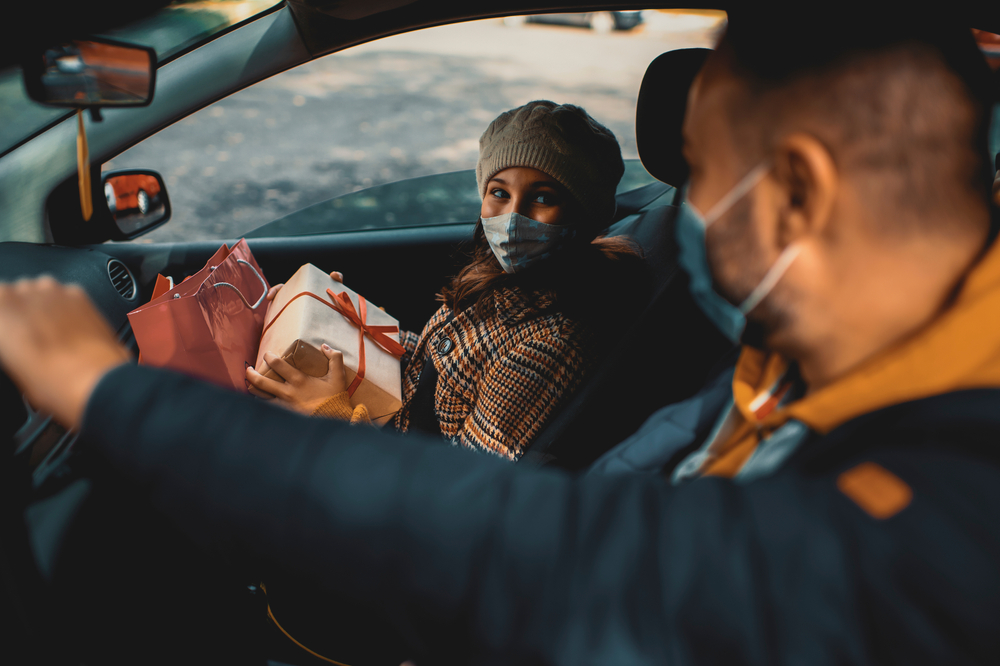
Jane Amphlett, Partner at law firm Howard Kennedy, discusses how the latest Government rules to curb the spread of the Omicron variant and staffing pressures are impacting employers.
This takes a markedly more cautious approach than last year in the hope of avoiding a further winter lockdown and allowing families to spend the festive season together.
From the 30th November, the requirement to wear a face covering on public transport and in shops, although not in hospitality premises, has been reinstated; identified close contacts of Omicron cases are required to self-isolate for 10 days regardless of their vaccination status or age; and all international arrivals are required to take a day 2 PCR test and self-isolate until they receive a negative test; and, from 7 December, the Government has also re-introduced the requirement for pre-departure tests for fully vaccinated travellers returning to the UK. There is an eery sense of déjà vu.
As yet, the Government has not mandated working from home, limited social interaction or introduced restrictions on leisure and hospitality. However, employers can expect staff to be concerned about the new variant, particularly as we await further details about its susceptibility to vaccines.
Employers will need to keep their workplace health & safety assessments and Covid policies under review as details of the impact of the Omicron variant emerge. They may be considering whether they can insist on employees being vaccinated and having a booster jab. But, whilst they may encourage staff to get vaccinated, outside specific sectors like healthcare and social care, firing an employee who refuses to get vaccinated or a booster – or refusing them access to the workplace – could potentially result in an unfair dismissal, as well as being potentially discriminatory (for example if their refusal is linked to a health condition or the employee’s beliefs). Employers need to tread carefully in this area and assess whether their stance is justified, typically by the nature of the work and health risks, which need to be reviewed regularly as we await further details about the Omicron variant.
Employers may need to take a flexible approach to working from home where possible, particularly for staff with compromised immune systems or other vulnerabilities to the illness. There has also been a rise in the number of employees requesting the ability to work from home to enable them to ‘self-isolate’ in the lead-up to family gatherings over the holidays.
In a developing trend of employees seeking longer-term flexibility and an ability to work from home, employers will need to consider fairly any such requests as part of a flexible working arrangement. A blanket refusal to grant these requests is likely to amount to indirect sex and disability discrimination, and could be expensive, as proved by the recent case of an estate agent who received compensation of £184,000 after her flexible working request was refused.
The beleaguered hospitality industry hit with the cancellation of Christmas parties over fears of Omicron, may have a double whammy if, alongside businesses in other sectors, the new variant impacts their staffing levels with a greater number of cases and the spectre of a further ‘pingdemic’, following the reintroduction of the self-isolation rules even for the fully vaccinated for close contacts of Omicron cases. This will only add more pressure on those employers impacted by the staff shortages which have been spreading across most sectors this year.
There will continue to be twists and turns in the Covid epic; and employers must continue to respond to new developments and address the specific risks to ensure their staff and workplaces are Covid-safe. Covid has had a longer-term impact for businesses faced with staff shortages, which are considering how they can respond to the demands of their workforce for greater flexibility and an ability to work from home, not just for Christmas but beyond.
